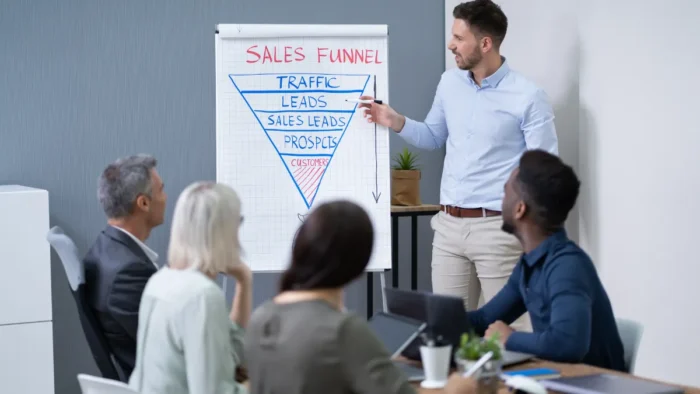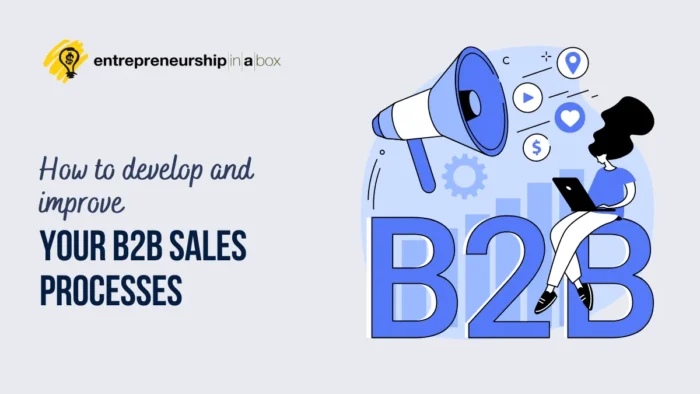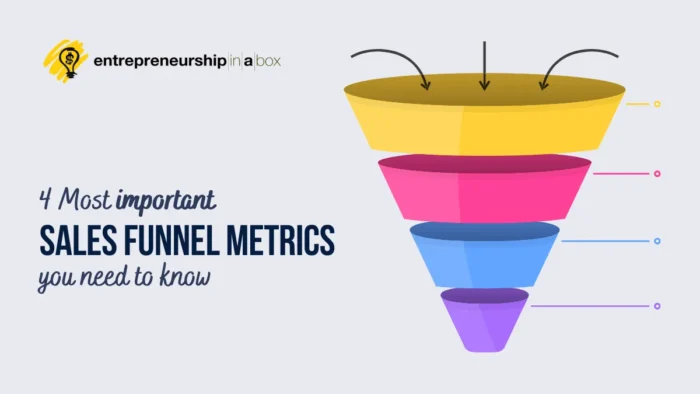Who are you as an small business? What do you sell and who do you sell it to? Who would you ideally be selling to, relative to your current customer base? For many small businesses, creating a solid customer base takes years of low-budget marketing, grassroots efforts, positive impressions, and networking.
For a small business, cash flow is tremendously important. Many startup companies rely on an AMEX business credit card for rewards points and payment flexibility in order to cut costs. Without the assets and clout of a larger corporation, small businesses can never count on ready financing, grants, loans or investors.
You have to watch every expenditure and constantly close deals. With the myriad demands of the small business world, it’s easy to fall into a routine and neglect innovation and the pursuit of growth. Big ideas can seem too daunting, too expensive and too distracting from the everyday tasks that keep you running in the dark.
American Mug and Stein, in East Liverpool, Ohio was one small business, among many, trying to keep operations going. The town, which was once the pottery landmark of the world, was the hub of ceramics manufacturing in the U.S. By 2012, however, only two pottery manufacturers were still operating, and the skilled workers of the community were unemployed or working outside their craft.
And then, a call came in that would change everything. Owner Clyde McClellan nearly didn’t take the call, thinking it was a crank call, according to the New York Times. It wasn’t. Hausenware, a California ceramics and glassware company that sells globally sourced products to retailers like Pottery Barn and Crate & Barrel, had a plan to galvanize American Mug once more.
Ulrich Honighausen, the owner of Hausenware, thought the business would be a perfect fit for Starbucks. As part of the Create Jobs for USA initiative, Starbucks sells a line of American made goods under the name Indivisible. The coffee giant would place an initial order of 20,000 mugs set to retail for $9.95 — two dollars of which would go to Create Jobs for the USA. That initial order was enough to score Mr. McClellan the financing he needed to increase production and hire more workers.
American Mug was fortunate that they were offered the deal of a lifetime. Their website reports that they continue to make products for Starbucks and keep skilled laborers at work. Your small business shouldn’t be counting on luck, though, to find similar success. Take the time to look at what you’re offering and how you can sell it bigger. If your products are American made and sourced, you’ll have a better chance selling to companies like Starbucks, which have dedicated an entire department to ethical sourcing and commit significant funding from their charitable arm to American job creation.
Identify targets and prepare your pitch. American Mug can certainly provide a product faster than an overseas manufacturer. Even if the production process takes longer, shipping time is shortened significantly (as are shipping costs), and there’s no hassle over clearing customs. American manufacturers can also provide quality assurance and ethical compliance. Buyers can tour the facilities where products are made, know that no one is being exploited and that safety — both for the workers and the end-users of the product — is king.





